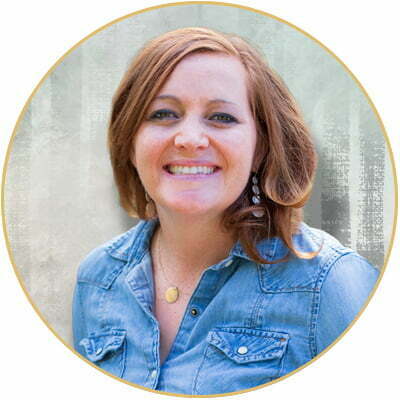

The Lenten season is upon us. It takes only a moment to scroll through social media to find any number of announcements of people pausing their Instagram notifications for the next 40 days, abandoning Wordle until Easter morning, and throwing out all chocolate-based desserts until April 17. Changing established patterns of behavior and thought can be extraordinarily difficult, whether they involve social media, favorite foods, or otherwise. Giving up the ways we used to do things can be excruciating. But what if, collectively, our churches gave up our biases, gave up our presuppositions, and gave up our prejudices toward people with disabilities for 40 days? What changes might happen in our congregations and in our communities? Where might we be leaving room for God to teach and transform us?
The Disciples were not academics or political leaders, nor were they wealthy socialites. As such, the cultural expectations for these men were likely far below what they turned out to become. It is doubtful anyone looked at Peter or James on a fishing boat and assumed they would be instrumental in the life of Jesus or the early Church. It is also doubtful that anyone would have sought out Matthew the tax collector to serve as any sort of moral compass. Yet Jesus called them and called them specifically. He knew what the world did not know. Despite what society said they were, Jesus invited them into a fellowship and ministry where their gifts and talents shone brightly. Through Jesus, the Disciples were able to absolutely shatter whatever biases their culture had toward fisherman, tax collectors, zealots, and serve the church in profound ways.
Some two thousand years later, the modern church continues to behave according to the biases and presuppositions of those holding power and influence in our congregations. This is particularly true when it comes to those with disabilities. Though individuals with disabilities make up over 25 percent of the population of the United States, more than 80 percent of our churches have no infrastructure in place to welcome those with Autism, Down Syndrome, Cerebral Palsy, ADHD, or any number of disabilities into meaningful fellowship. This statistic does not exist for no reason. Think of your leadership teams and volunteer teams. What types of people do you grant responsibility and influence to? Might any of them have a disability? If not, why not? If we are truly honest with ourselves, we may come to the realization that we have inaccurate perceptions regarding the giftings of those with disabilities. If we harbor the belief that a person’s disability inherently disqualifies them to serve in the church, we then create a kingdom hierarchy that reflects our biases, and one that is not at all reflective of the actual kingdom God created. Discounting the talents and giftings of those with disabilities based solely on our presupposition of one’s potential denies them the opportunity to live into the fullness of how God has created them. It also strips our churches and our communities the ability to see God work in ways that are beyond what we may think we already know.
So, church. Let’s give up. Let us give up our biases, our presuppositions, and our prejudices toward those with disabilities. And in the process of giving up, we open up. We open up pathways for meaningful service, for fellowship, for connection, and for belonging in our churches. By giving up and opening up, we decide we do not actually know what we think we already know. We discover new leaders and new leadership pathways that did not exist before we gave up our biases. We shrink the margins of our congregations and draw people into our community whose absence made us incomplete. As Romans 12:2 says, let us be a transformed people. Let us change the ways in which we think about a person’s capacity and calling to serve. Let us invite the young adult with autism who loves to bake to serve on our hospitality and welcome team. Let us encourage the high school student with ADHD to participate in our summer service trip. Let us ask the family with the child with Down Syndrome to greet other families at the entrance of our children’s ministry wing. Let us welcome the senior adult with Parkinson’s to sing in our choir. Let us give up what we think we know about disability. In doing so, we give up thinking we know what is best and give way to the giftings and talents of those we may have underestimated.


